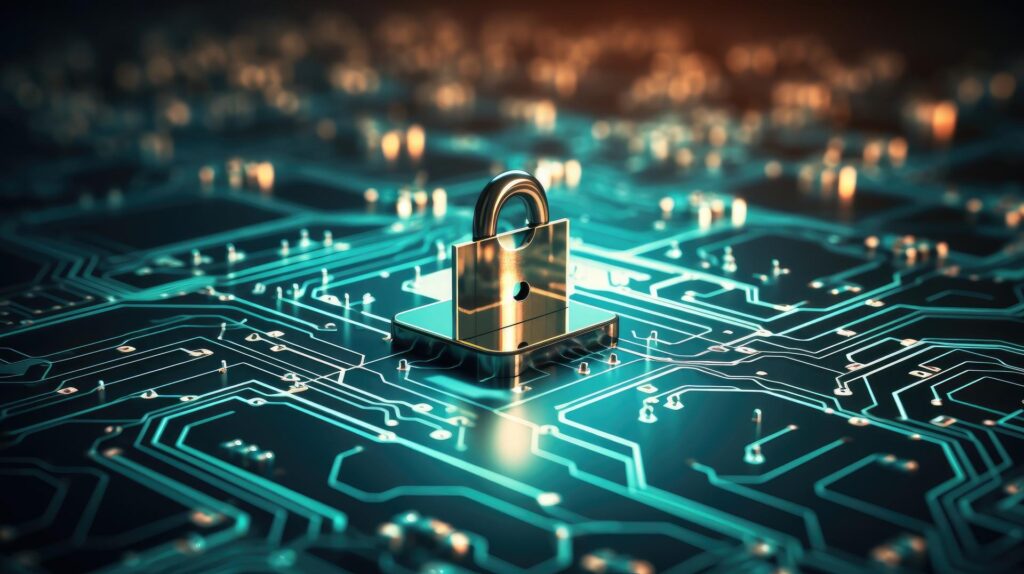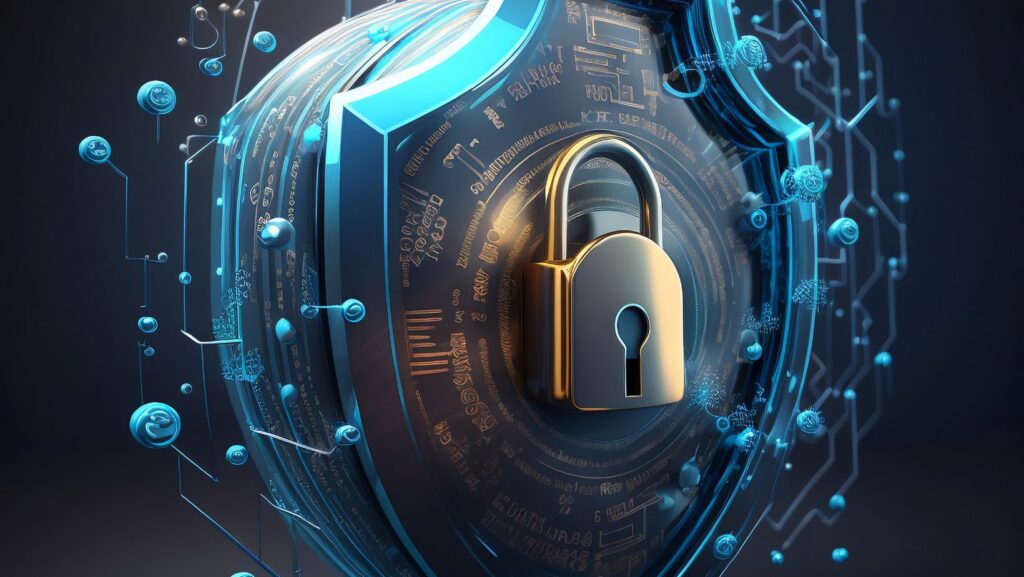With more online gambling, there is more of an inclination towards cybersecurity. Online websites have made it easy for players, who are now playing from their homes, and as this area keeps growing, cyber criminals find their way to take advantage of weaknesses in these systems. Keeping the transactions safe is the main objective of both the player and the operator, and cybersecurity forms part of the process.
Cybersecurity involves deploying different tools and measures that help protect sensitive information and networks from cyber threats. These include encryption, firewalls, and multi-factor authentication, among others. Online casinos use such technologies to protect players’ financial information and personal data, hence assuring security to the players while playing. Given the number of transactions and the volume of data involved in deposits, bets, and withdrawals, an online casino must be fully secure.
Importance of Encryption in Protecting Transactions
Encryption is considered one of the most important elements in cybersecurity. It secures data passed between a player’s device and the casino server. In case hackers try to intercept such information, encryption keeps it safe. Online casinos often rely on SSL or TLS encryption. They turn readable data into coded messages that only authorized parties can read.
Encryption makes personal information, such as usernames and passwords, as well as financial transactions, secure. Without encryption, it would be quite easy for hackers to hijack this information. With robust implementation, online casinos can guarantee that players’ data is kept protected, and therefore, players can build their trust in them.
The Role of Authentication and Verification Systems
It is not enough to have a password to keep user accounts secure. That is because cybercriminals use phishing techniques to steal users’ login details; that is why many online casinos use multi-factor authentication. In this respect, players have to prove with an extra step, like a one-time code sent to their phone, for example, or a fingerprint.

Online casinos also have tracking systems that verify whether or not any transactions are valid. Such systems track activities that are out of the ordinary. For example, when a player tries to withdraw a huge amount of money from an unfamiliar location, the system may reject such activity until evidence is provided. All these processes avoid fraud and ensure that the gaming atmosphere remains safe and decent.
Firewalls and Network Protection
Casinos must protect not only one account but a whole network; for this purpose, firewalls are necessary tools that act as a protector between the casino’s network and every other possible danger coming from outside. Firewalls block both incoming and outgoing traffic, which seems harmful to them.
Besides that, intrusion detection and prevention tools further add one more layer of protection to the systems; such systems monitor the network for any signs of trouble and might alert the security teams in case something abnormal happens. Casinos that invest in such protections decrease the chances of a major attack against them that could compromise their platform.
Real-Time Monitoring and Threat Detection
Another very important feature that is commonplace regarding the security of online casino transactions is real-time monitoring. Contemporary cybersecurity systems are in constant pursuit of potential threats. Thanks to machine learning and other tools, they can detect abnormal behavior in less than a second. For instance, if somebody tries to log in from several places at the same time, the system will notice the activity and thereby protect the player’s account.

With casinos’ constant monitoring, they always stay one step ahead of hackers. That means that in case of a leak, it gets contained quickly and doesn’t cause too much damage. All of this proactive cybersecurity in online casinos is done for a reason: to keep gamers trusting them and performing safe transactions.
The Future of Cybersecurity in Online Casinos
While hackers are getting creative, online casinos’ cybersecurity has to change along with them. In other words, online casinos have to remain vigilant and keep updating their systems to match the new hazards. Blockchain technology is turning out to be an important key in this respect, allowing a certain security in tracking down transactions that cut down fraud to a minimum.
The growth of mobile gaming is also on the rise. Online casinos will have to extend their cybersecurity efforts to mobile platforms that have now primarily become the breeding ground for hackers. Artificial intelligence and blockchain are just some of the tools that would help ensure that online transactions stay safe even with the advancement of the gaming industry.
Ultimately, with the rapid expansion of online casinos, cybersecurity has gained great importance. It is about securing sensitive data in player profiles and keeping financial transactions secure. Encryption, multi-factor authentication, firewalls, and real-time monitoring are some of the many tools that an online casino would be required to implement. Cybersecurity for online casinos in this digital age is not an essential component but a necessity to ensure success and foster industry-wide trust.



